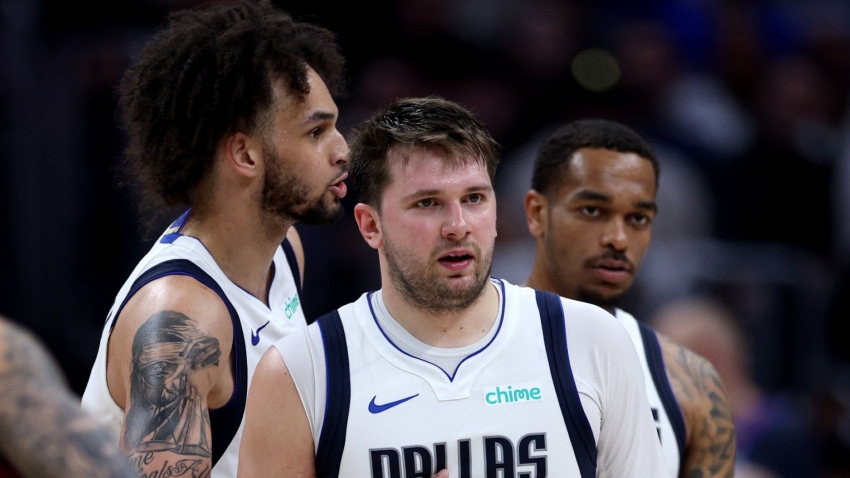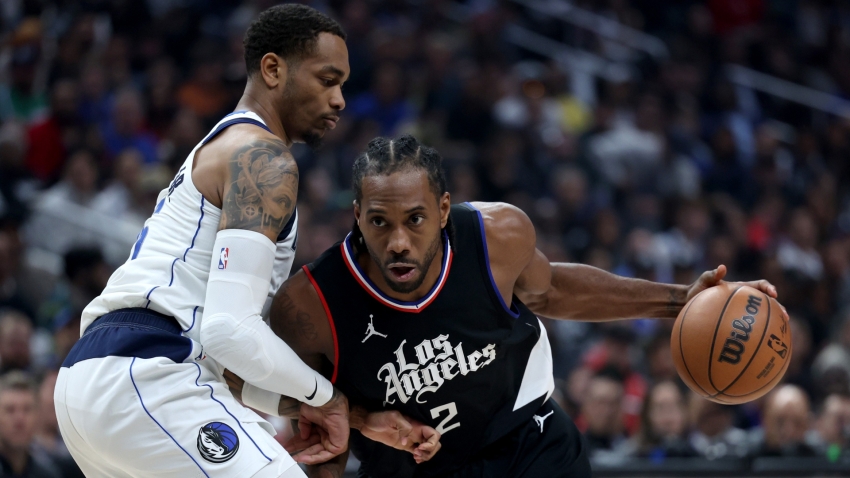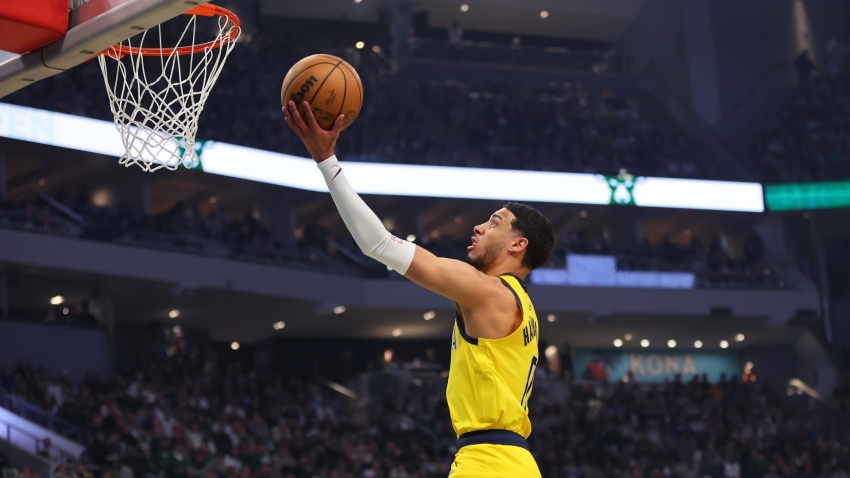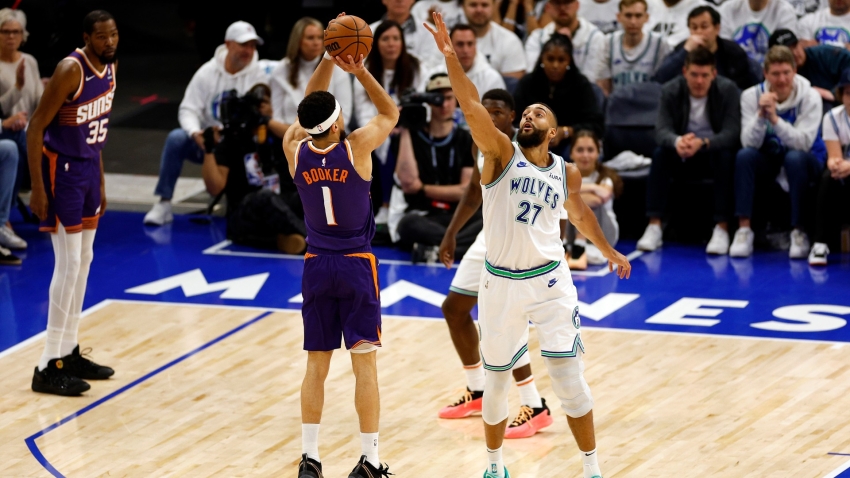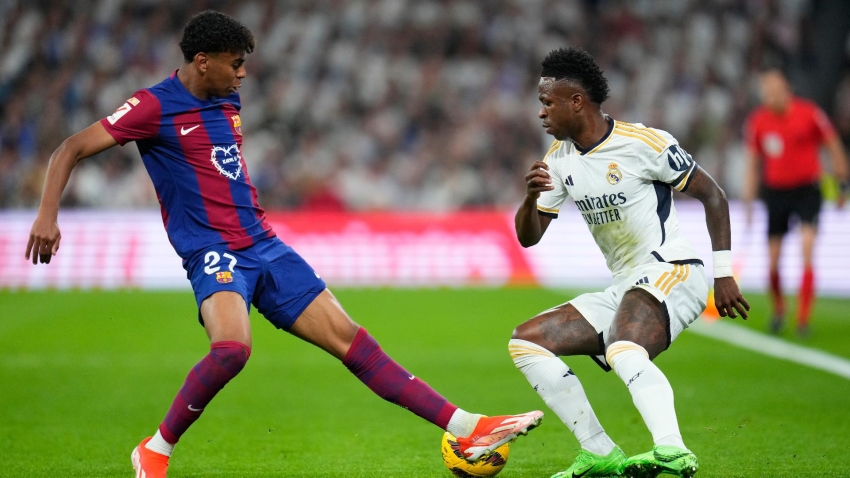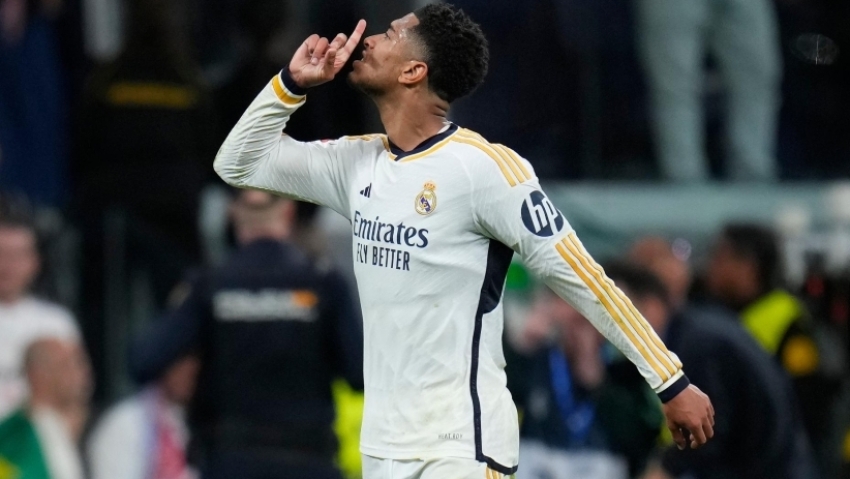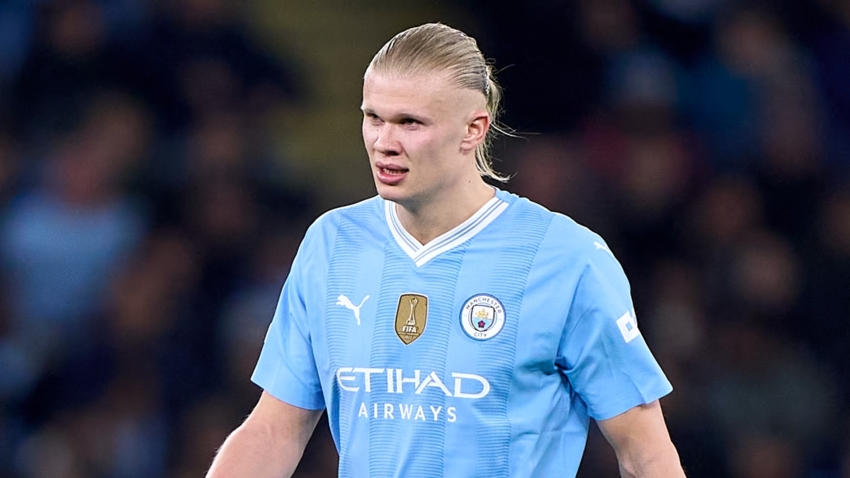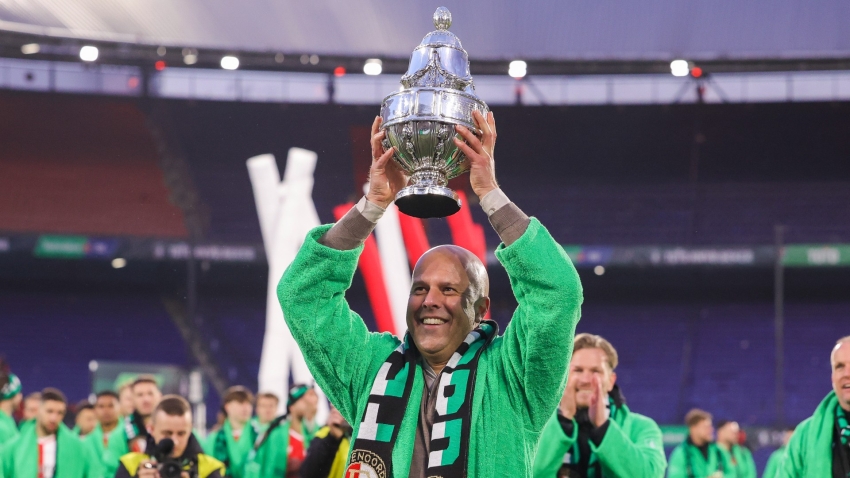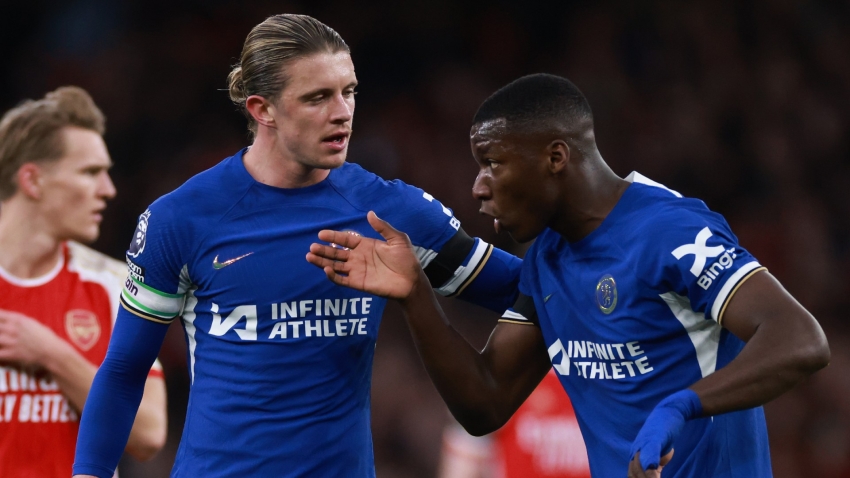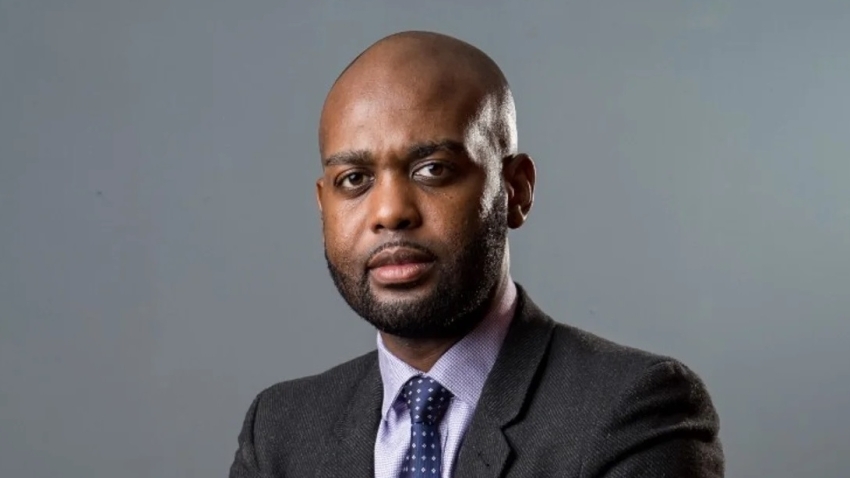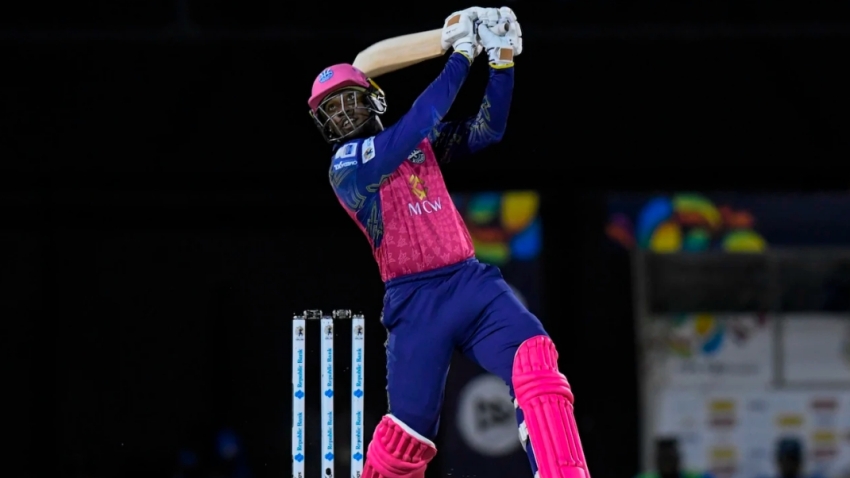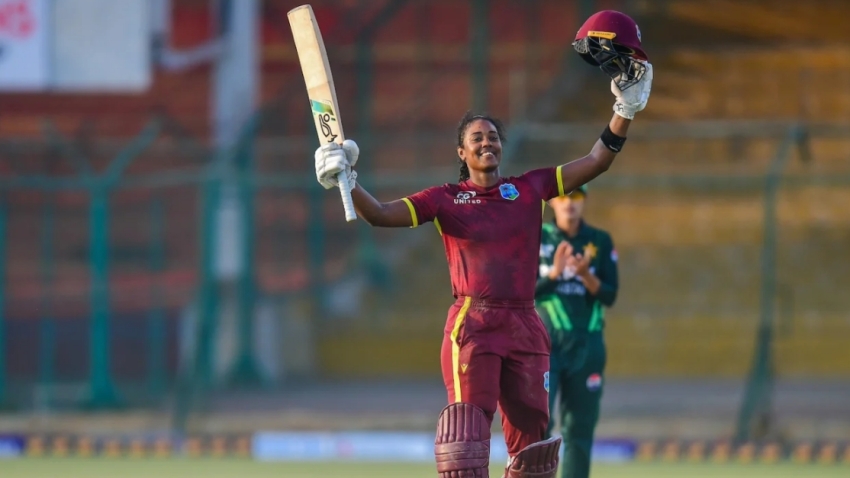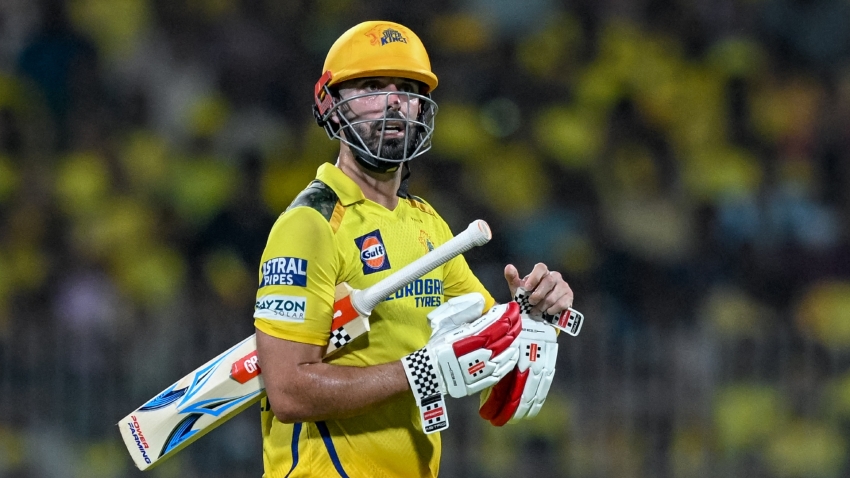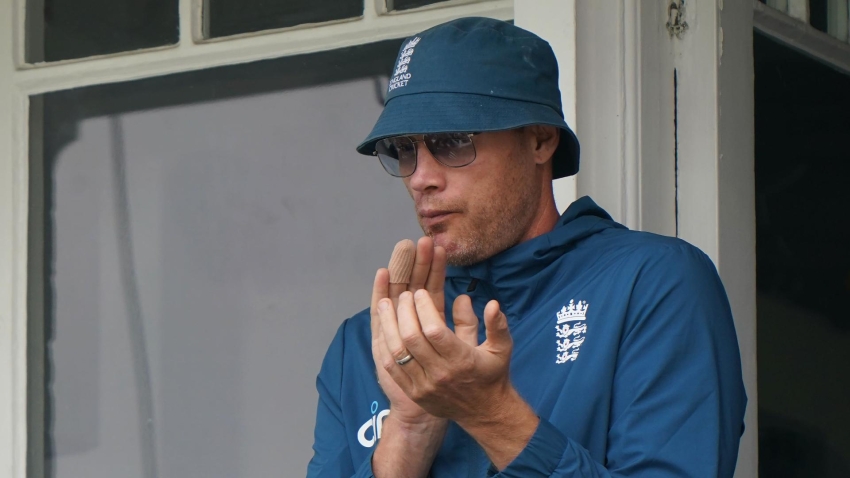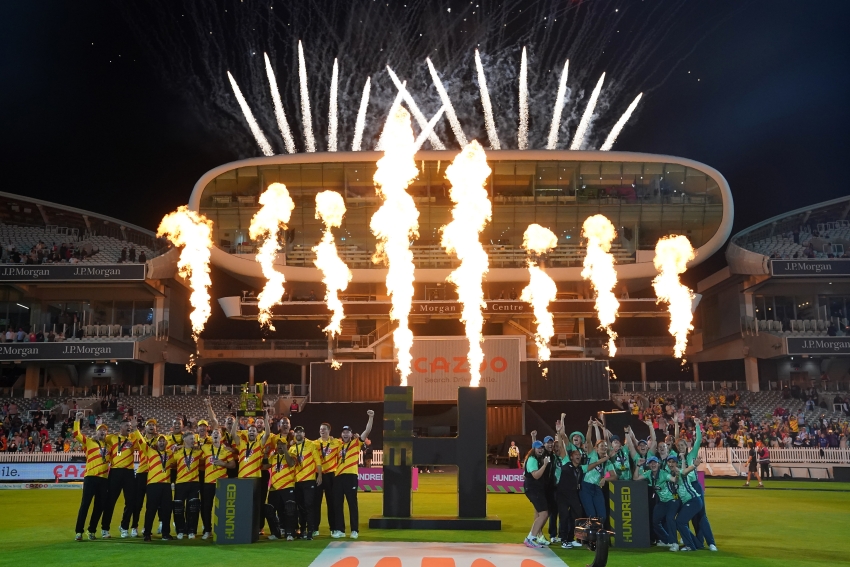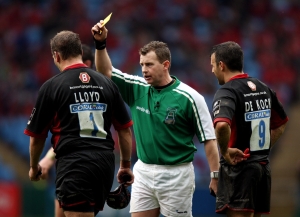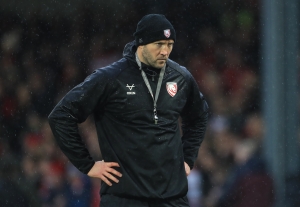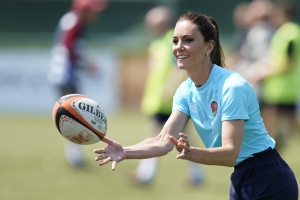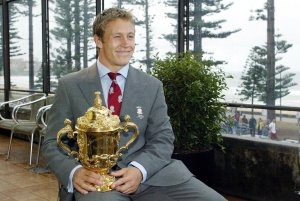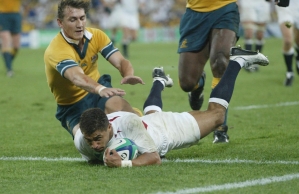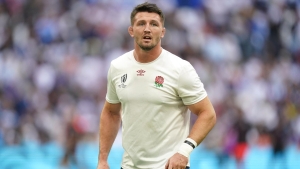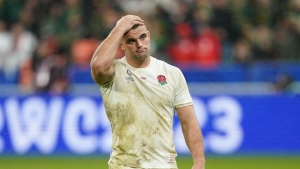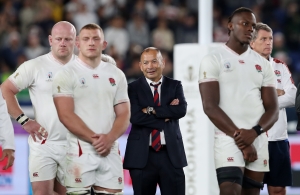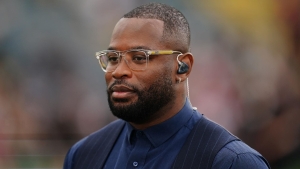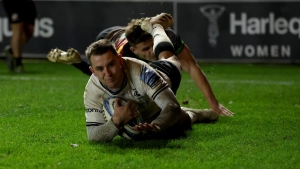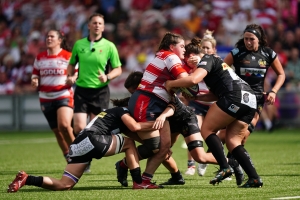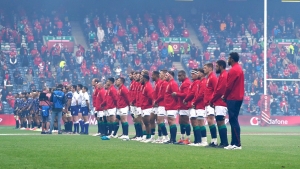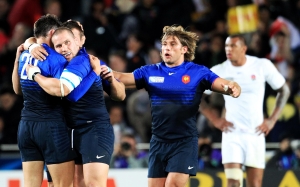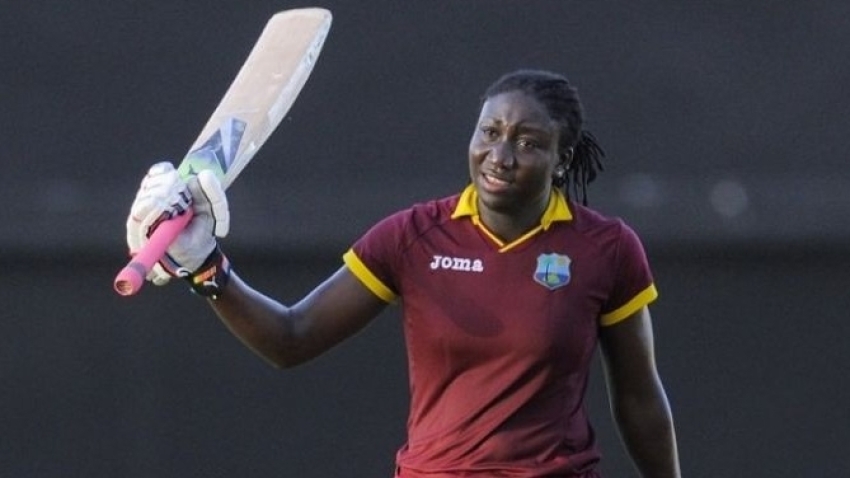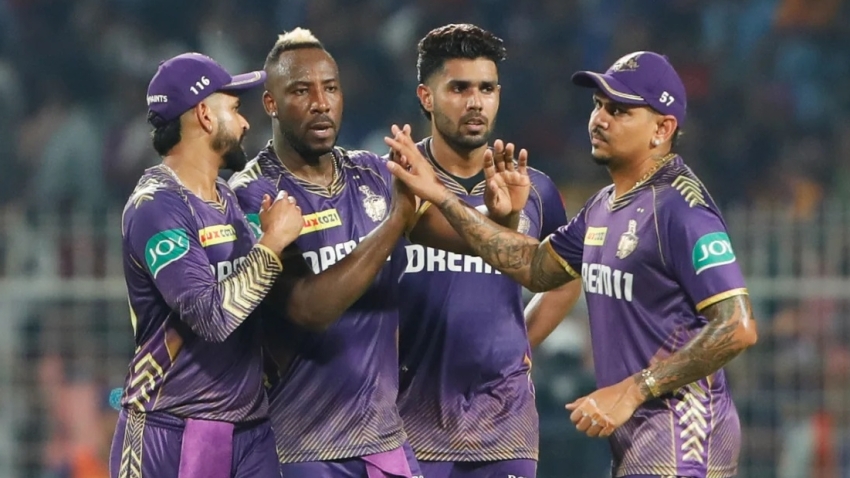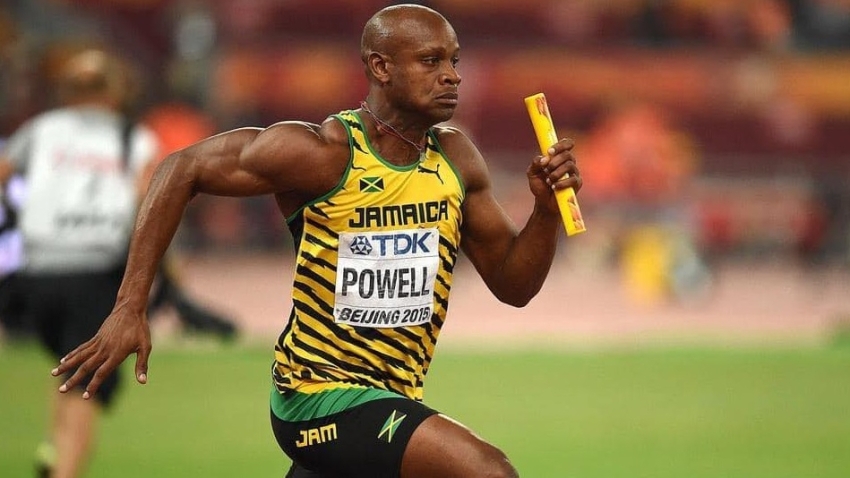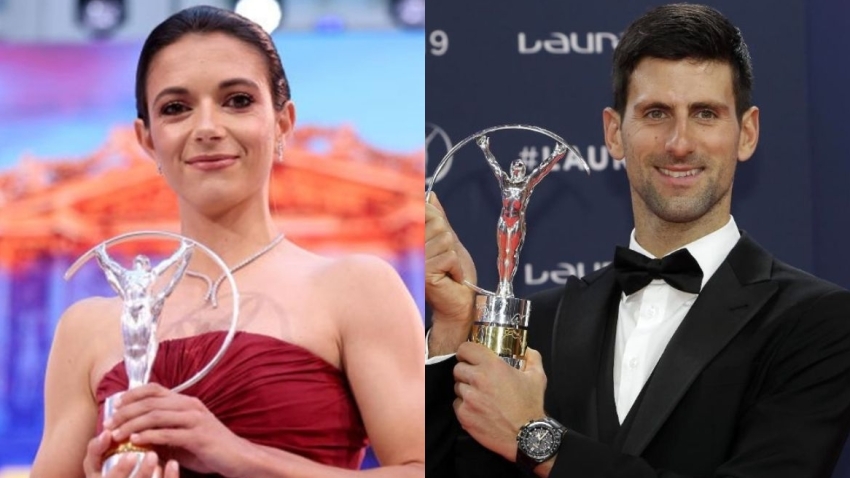England’s dramatic final push for Rugby World Cup glory in Sydney 20 years ago had one of Clive Woodward’s favourite acronyms laced all the way through it.
Woodward loved his buzz words and phrases – “doing 100 things one per cent better than the opposition” was one particular stand-out – but nothing came close to ‘T-CUP’.
Thinking Correctly Under Pressure was at the very heart of England head coach Woodward’s all-conquering team, and they delivered a masterclass during a nerve-shredding climax that culminated in Jonny Wilkinson’s drop-goal for the ages.
Locked 17-17 with host nation Australia as the extra-time clock ticked down, England triumphed with what they knew would be their final scoring chance.
Lewis Moody received the ball at the back of a lineout, then Mike Catt ran at Australia’s defence and scrum-half Matt Dawson gained further vital ground by slicing through a gap before he was halted and became trapped at the bottom of a ruck.
Amid no sense of panic, though, England captain Martin Johnson carried possession on into a wall of gold Australian shirts, giving Dawson time to regain his position before his pass found Wilkinson, whose winning strike – from the fly-half’s weaker right foot – sailed between the posts.
“I’d had a couple of goes before which were very much pot-shots, having a dig almost,” Wilkinson told the PA news agency on the 10th anniversary of England’s World Cup triumph in 2013.
“But for this one I was thinking that because of where the guys had put me, I can’t miss. This must go over.
“I knew I had hit it in such a way that it wasn’t going to be the most powerful kick, but it was going to be accurate. I knew from fairly early on it was going over.
“It felt like a surreal, dream-like situation. I had to ask ‘is this really happening?'”
Mission accomplished meant that England became the first northern hemisphere nation to be crowned rugby union world champions, but measuring their success accurately requires a rewind to events before Woodward’s heroes even set foot in Australia.
During the four-year World Cup cycle between South African Jannie de Beer drop-kicking England out of the 1999 tournament and Wilkinson’s clincher, England played 40 Test matches – and lost only five.
New Zealand, South Africa, Australia and France were beaten away from home, England won all 20 games they played at Twickenham during that time and landed three out of four Six Nations titles, including a Grand Slam just over six months before an opening World Cup appointment with Georgia in Perth.
If anyone still questioned England’s pedigree, they then removed all doubt about world title potential with victories over New Zealand in Wellington and Australia in Melbourne as the World Cup loomed.
For those of us there to witness every twist and turn, England’s World Cup campaign undoubtedly had its speed-bump moments – notably a major quarter-final scare provided by Wales in Brisbane before England prevailed 28-17 – but ultimately, defending world champions Australia, coached by Eddie Jones, stood between them and sporting immortality.
While the final might not have been a classic in pure rugby terms, its see-saw nature gripped an 82,957 audience inside Stadium Australia and millions watching on television worldwide, with home fans inspired by the Wallabies’ stonewall refusal to buckle.
They trailed 14-5 at half-time as Jason Robinson’s try highlighted English dominance, but Elton Flatley’s nerveless goalkicking kept Australia in contention and ensured extra time would be required.
Wilkinson’s fourth successful penalty put England back in front, only for Flatley to come up trumps once more, but even he ran out of time following a final English flourish with less than 30 seconds left.
At last, England could celebrate, not only on the night, but until Sunday sunrise and beyond as the full magnitude of their achievement dawned. The best team on the planet had won the World Cup.
More spectacular scenes awaited them at Heathrow and on a victory parade through central London as British sport basked in the glow generated by Woodward’s golden generation.
“We all said to ourselves before the game that we had to enjoy it, take it all in and remember it – because you probably won’t be back,” Leicester star Johnson recalled, as around 500 England supporters thronged the promenade outside England’s Manly beach-front hotel the day after the final.
“We were on the bus on the way back from the game last night. It was about 1.30-1.45 in the morning, the rain was coming down, it was pretty black and quiet, and we had no idea what was going on back home. I am sure we will find out when we get back.
“One similarity between Leicester and Sydney is that at five o’clock in the morning you couldn’t get a cab, and it was pouring with rain! So I had to walk home from where we were to my wife’s hotel. It took me about an hour.”
And with that, it was off to the World Rugby awards in downtown Sydney as the party continued – this time without a tea-cup in sight.


